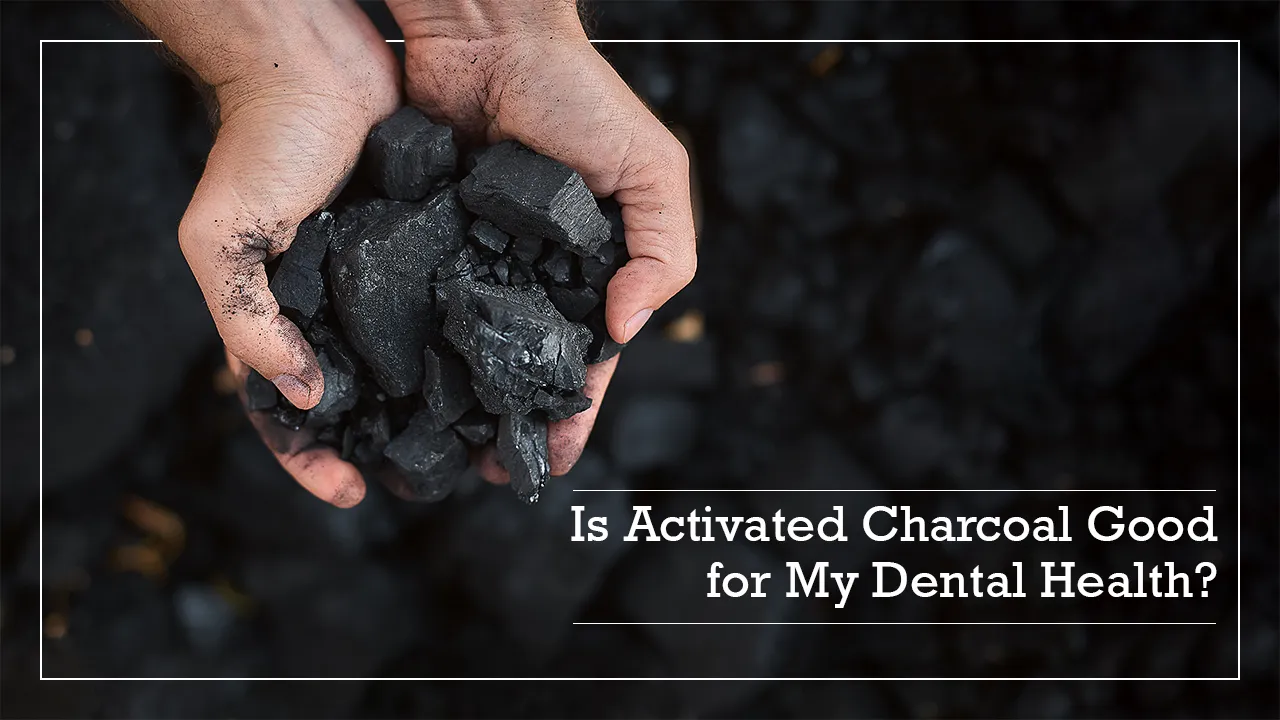The Power of Activated Charcoal for Teeth Whitening
In the pursuit of a brighter, more confident smile, many individuals are turning to natural and innovative solutions. Among these, activated charcoal has emerged as a popular and intriguing option for teeth whitening. This article delves into the astonishing benefits of using activated charcoal for teeth whitening, exploring its effectiveness, application, and potential considerations. Discover how this natural substance can transform your oral hygiene routine and contribute to a dazzling smile.
Benefit 1 Enhanced Whitening
One of the most celebrated benefits of activated charcoal is its ability to enhance teeth whitening. Unlike traditional whitening methods that use harsh chemicals, activated charcoal offers a gentle yet effective approach. Its porous structure allows it to bind with stains and remove them from the surface of the teeth, revealing a noticeably brighter smile. This natural process is a significant advantage for those seeking a safe and gentle alternative to chemical-based treatments. The porous nature of activated charcoal is key to its effectiveness, acting like a tiny sponge to lift away discoloration.
Understanding Charcoal’s Mechanism
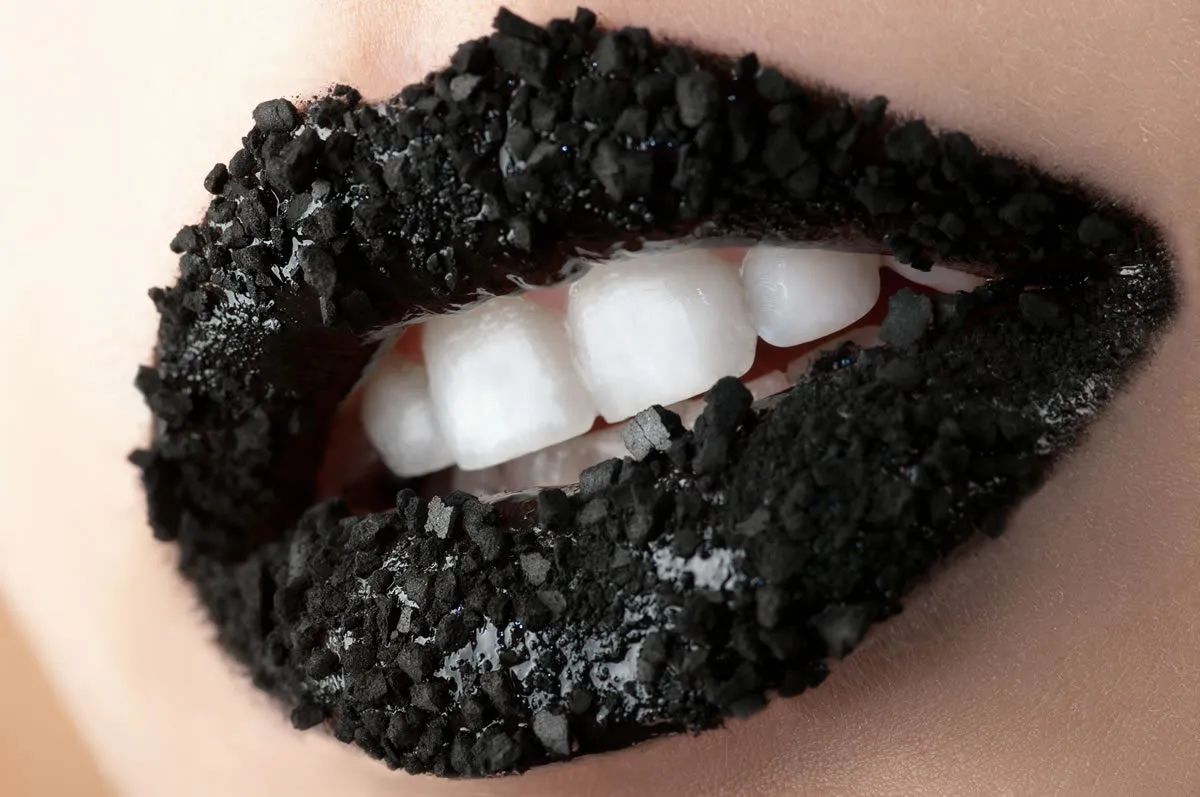
The magic of activated charcoal lies in its unique properties. It is produced by heating carbon-rich materials, such as coconut shells, to high temperatures, then activating them with a gas. This process creates a highly porous material with a large surface area. When used for teeth whitening, the activated charcoal acts as a mild abrasive that helps to lift stains from the teeth’s surface. This mechanism is what makes it so effective at removing discoloration caused by coffee, tea, wine, and other staining agents.
Application Techniques
Using activated charcoal is straightforward. You can either dip your toothbrush directly into activated charcoal powder or use a charcoal toothpaste. The powder can be a bit messy, so it’s often recommended to lean over a sink while brushing. Brush your teeth gently for about two minutes, making sure to cover all surfaces. After brushing, rinse your mouth thoroughly with water to remove any remaining charcoal particles. Consistent use, typically a few times a week, can lead to visible whitening results.
Benefit 2 Removal of Surface Stains
Activated charcoal is exceptionally effective at removing surface stains. These stains accumulate over time from various dietary and lifestyle factors. By gently exfoliating the teeth, activated charcoal helps to eliminate these stains, revealing the natural whiteness of your teeth. This is one of the primary reasons why individuals turn to activated charcoal for a brighter smile and enhanced confidence. The effectiveness of charcoal extends to stains from common culprits.
Common Stains That Respond Well
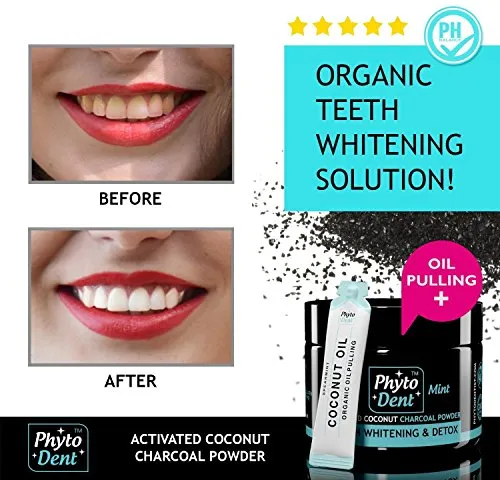
Many common stains respond well to activated charcoal. Coffee and tea are notorious for causing teeth discoloration, and charcoal is highly effective at removing these stains. Wine, especially red wine, is another major contributor to staining, and charcoal can help alleviate this. Other staining agents include certain foods, such as berries and curries, and tobacco products. Regular use of activated charcoal can help minimize and remove these stains, leading to a cleaner, brighter smile.
How Charcoal Tackles Stains
Activated charcoal’s porous nature is key to its ability to tackle stains. The tiny pores in the charcoal act like a magnet, attracting and binding to stain molecules. When you brush with charcoal, these stain molecules are gently lifted away from the surface of your teeth. This process is a form of gentle abrasion, which effectively removes stains without damaging the enamel. This natural approach makes it a preferred choice for those seeking a safe and non-invasive teeth whitening method.
Benefit 3 Improved Oral Health
Beyond its whitening capabilities, activated charcoal offers several benefits for overall oral health. Its properties can contribute to a healthier mouth by reducing bacteria and promoting a balanced oral environment. This can lead to fresher breath and reduced risk of certain oral health issues. Using activated charcoal as part of your oral hygiene routine can provide additional advantages beyond just aesthetics. Regular use can contribute significantly to a healthier mouth environment.
Charcoal’s Antibacterial Properties
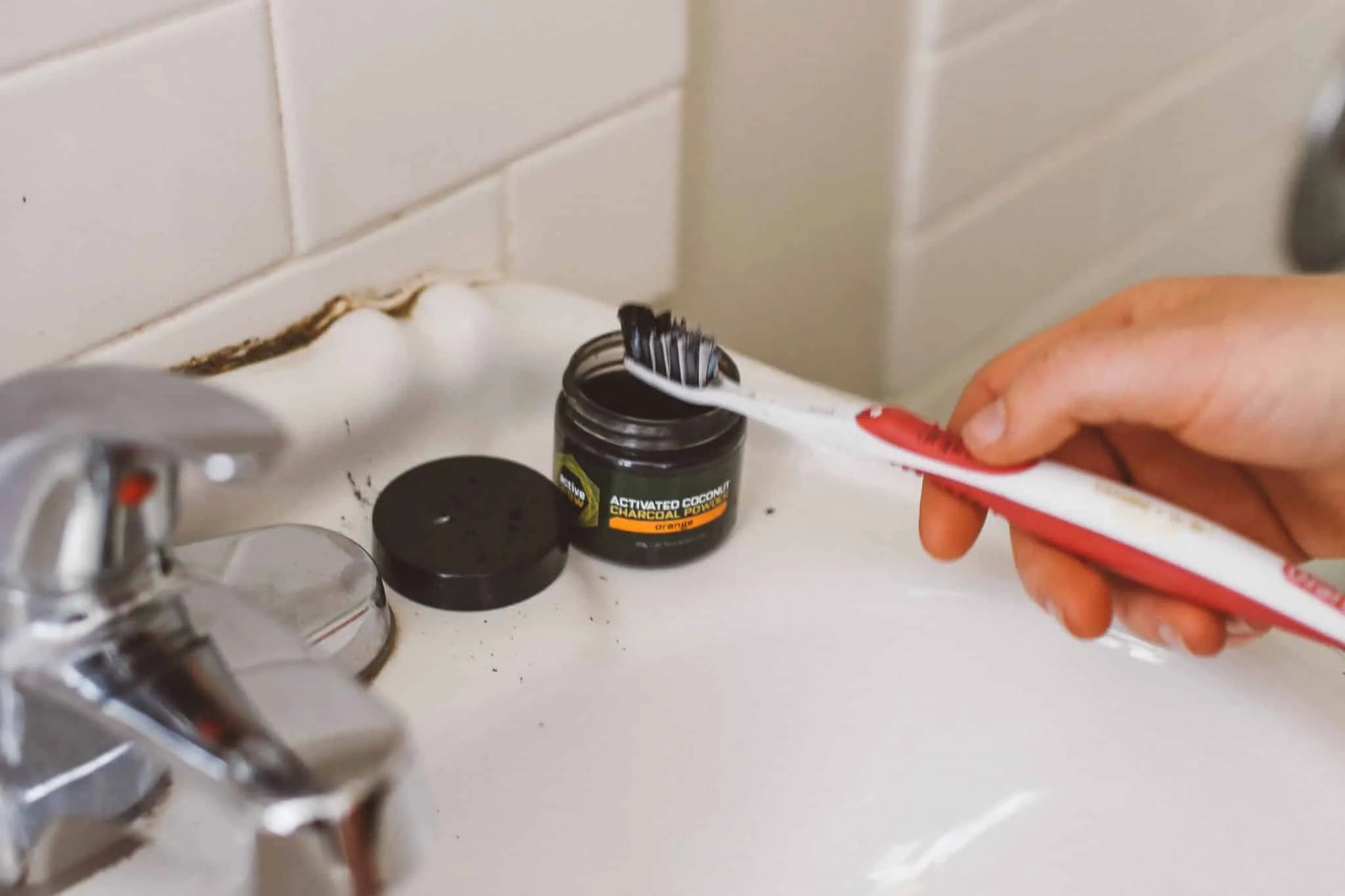
Activated charcoal possesses antibacterial properties that can help reduce the number of harmful bacteria in the mouth. This can lead to a reduction in plaque and a lower risk of gingivitis. The antibacterial action of charcoal can contribute to fresher breath and a cleaner mouth. By disrupting bacterial growth, activated charcoal supports a healthier oral environment. This can also help prevent bad breath and other common oral health issues.
The Role of Charcoal in pH Balance
Maintaining a balanced pH level in the mouth is crucial for oral health. Activated charcoal can help in this regard by helping to neutralize acids. A balanced pH level can reduce the risk of enamel erosion and tooth decay. By assisting in pH balance, activated charcoal contributes to a healthier oral environment. This can strengthen the teeth and make them less susceptible to damage from acidic foods and drinks.
Benefit 4 Gentle and Natural Approach
One of the most appealing aspects of using activated charcoal for teeth whitening is its gentle and natural approach. Unlike harsh chemical treatments that can cause sensitivity, activated charcoal is a natural substance that works without causing significant side effects. This makes it a suitable option for individuals with sensitive teeth or those who prefer to avoid chemical-based products. The gentle nature of charcoal makes it a preferred choice for many.
Comparison with Harsh Whitening Methods
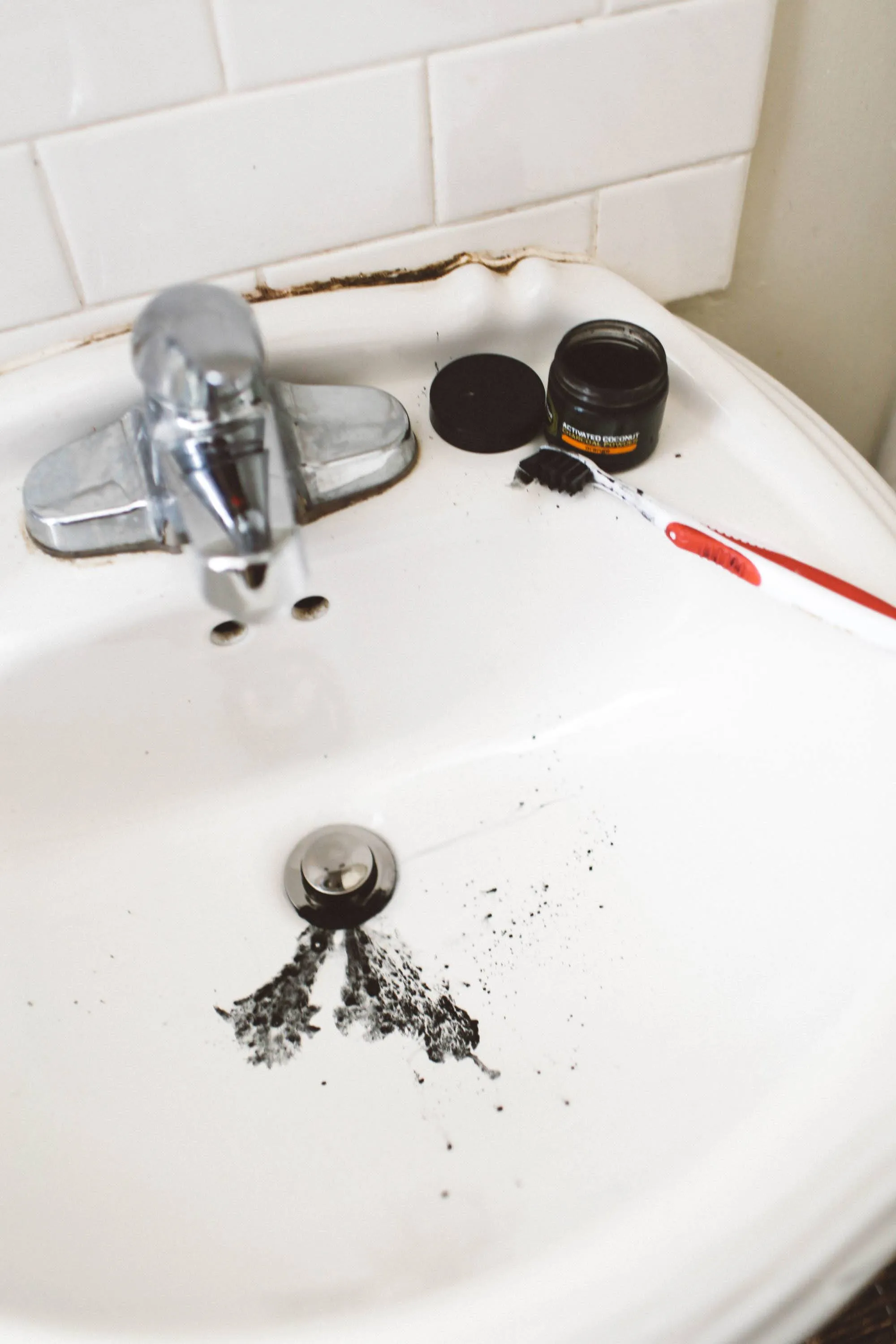
Many teeth whitening treatments use strong chemicals, such as hydrogen peroxide, to bleach the teeth. While these methods can be effective, they can also lead to increased tooth sensitivity and gum irritation. Activated charcoal provides a gentler alternative, working through physical removal of stains rather than chemical alteration. This difference makes it a preferred option for those concerned about the potential side effects of harsh chemicals. The natural approach is a significant advantage.
Why Natural is Better
Opting for a natural approach to teeth whitening, such as using activated charcoal, is often the healthier choice. Natural products generally pose fewer risks of adverse effects. This means a lower chance of tooth sensitivity and gum irritation. Furthermore, natural methods align with a holistic approach to oral care. This focus on natural and gentle techniques allows for a safer, more sustainable way to achieve a brighter smile. This also aligns with growing consumer preferences for natural and eco-friendly products.
Benefit 5 Cost-Effectiveness
Compared to professional teeth whitening treatments and some over-the-counter products, activated charcoal is often a more cost-effective solution. The powder or toothpaste form is relatively inexpensive, making it an accessible option for those on a budget. Over time, the savings can be substantial. This makes it a practical choice for maintaining a brighter smile without the high costs associated with professional treatments. Affordability is a significant benefit.
Charcoal vs. Professional Treatments
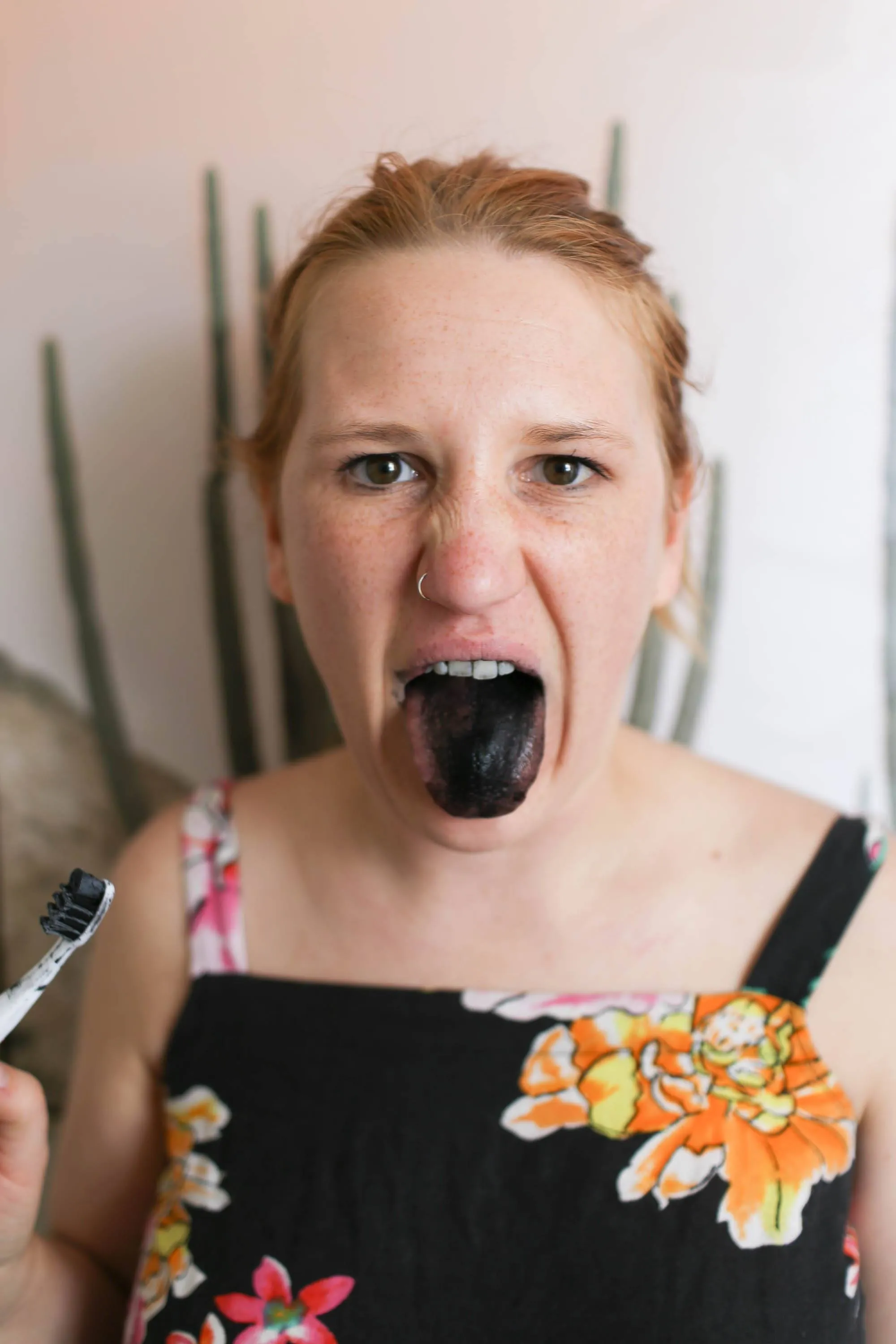
Professional teeth whitening treatments can be expensive, often requiring multiple sessions and follow-up care. While these treatments can offer dramatic results, they also come with a significant price tag. Activated charcoal provides a budget-friendly alternative, allowing you to whiten your teeth from the comfort of your home. It can be a practical option for those seeking a more affordable solution. The cost difference makes charcoal an attractive option.
Long-Term Cost Savings
Over the long term, using activated charcoal for teeth whitening can result in significant cost savings. While professional treatments may provide faster results, the ongoing cost of maintenance can be high. Activated charcoal is an affordable option for regular use. This can help you maintain a brighter smile without the ongoing expenses associated with more intensive treatments. The long-term financial benefits make charcoal a practical and sustainable choice.
How to Use Activated Charcoal for Teeth Whitening
Effectively using activated charcoal for teeth whitening involves choosing the right product, following a proper application technique, and incorporating it into your regular oral hygiene routine. Here’s a comprehensive guide to help you get started and achieve the best results. Following these steps will ensure you are using the product correctly and safely.
Choosing the Right Charcoal Product
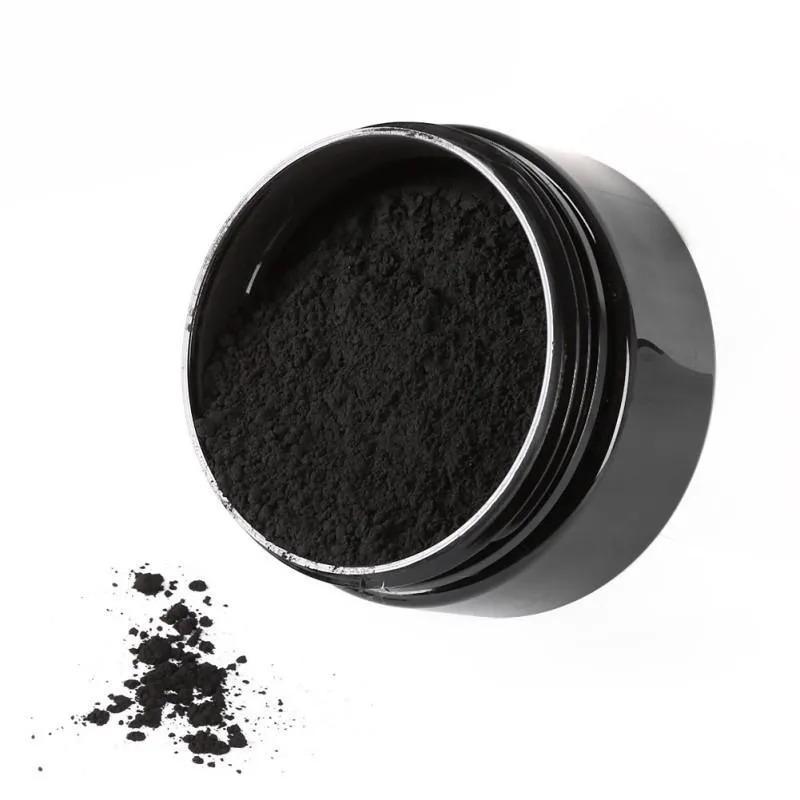
The market offers various activated charcoal products, so selecting the right one is essential for optimal results. Ensure you choose a product specifically designed for oral use. The quality of the charcoal can vary, so it’s important to make an informed choice. Look for products that are free from additives and artificial ingredients. Choosing the right product lays the foundation for a safe and effective teeth whitening experience.
Types of Charcoal Products
Activated charcoal is available in several forms, including powder and toothpaste. Charcoal powder is a popular option. Simply dip your toothbrush into the powder and brush. Charcoal toothpaste combines activated charcoal with other ingredients to create a paste-like consistency. Each form has its own advantages, and the best choice depends on your personal preference and convenience. Experimenting with different forms can help you find what suits you best.
Quality Considerations
When selecting an activated charcoal product, consider the source and processing of the charcoal. High-quality charcoal is typically derived from natural sources like coconut shells. It undergoes a specific activation process to maximize its porous nature. Avoid products with added chemicals, artificial flavors, or unnecessary additives. Reviewing product labels and researching the brand can help you make an informed decision. Choosing quality products is important for safety and effectiveness.
Step-by-Step Application Guide
Following a proper application technique is essential for maximizing the benefits of activated charcoal for teeth whitening. The process should be gentle and consistent, and rinsing thoroughly after brushing is key. Here’s a detailed, step-by-step guide to help you effectively incorporate activated charcoal into your oral care routine. Following these steps carefully will ensure you achieve the best results.
Brushing Technique
Whether you are using powder or toothpaste, start by wetting your toothbrush. If using powder, dip the bristles into the charcoal. Brush your teeth gently in small, circular motions for about two minutes. Be sure to cover all surfaces of your teeth. Avoid brushing too vigorously, as this can cause irritation. A gentle touch is all that’s needed to lift away stains. Maintaining a consistent brushing routine is key for optimal results.
Rinsing and Aftercare
After brushing, rinse your mouth thoroughly with water until all charcoal particles are removed. Charcoal can stain your sink, so be careful when rinsing. You might want to use a separate cup for rinsing. You can then brush your teeth again with regular toothpaste to remove any remaining charcoal and freshen your breath. Regular use of charcoal and consistent oral hygiene practices will help you achieve the best results.
Potential Risks and Side Effects
While activated charcoal is generally considered safe, it’s essential to be aware of potential risks and side effects. Proper usage and understanding of these aspects can ensure that you enjoy the benefits without compromising your oral health. If you experience any adverse effects, consult your dentist or a healthcare professional immediately. Being informed about potential risks is a crucial part of responsible usage.
Sensitivity and Irritation
Some individuals may experience increased sensitivity or irritation in their gums when using activated charcoal. This is often due to the mild abrasive nature of the charcoal. If you have sensitive teeth or gums, start by using charcoal less frequently. It’s also important to brush gently. If sensitivity persists, discontinue use and consult a dentist. Monitoring your teeth for changes and adapting to the product as needed is important.
Enamel Erosion Concerns
Excessive or aggressive brushing with activated charcoal can potentially lead to enamel erosion. This is because the charcoal acts as a mild abrasive. Over time, this can weaken the enamel, making your teeth more susceptible to cavities and sensitivity. To minimize this risk, brush gently and avoid excessive pressure. It is also recommended not to use charcoal every day. Understanding these potential risks is vital for responsible usage.
Professional Advice
Consulting with a dental professional is crucial before incorporating activated charcoal into your oral care routine. A dentist can assess your oral health and determine whether activated charcoal is a suitable option. They can also provide personalized advice and guidance. They can assess your oral health and provide personalized advice. This professional guidance ensures that you are using the product safely and effectively. They can help you optimize your oral care and avoid any potential issues. Regular dental check-ups are also essential for maintaining good oral health.
In conclusion, activated charcoal presents a promising option for those seeking natural teeth whitening. Its ability to remove surface stains, improve oral health, and offer a gentle approach makes it an appealing choice. By understanding the benefits, following proper application techniques, and being mindful of potential risks, you can effectively incorporate activated charcoal into your oral hygiene routine and achieve a brighter, more confident smile. Always consult with a dental professional for personalized advice and to ensure your oral health is maintained. Embrace the power of nature and unlock the secret to a dazzling smile.
